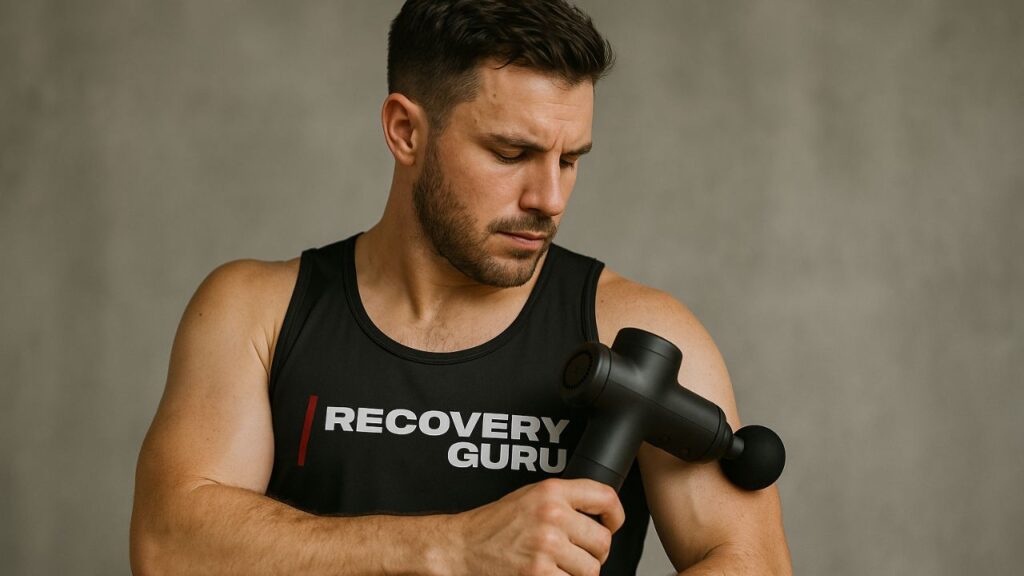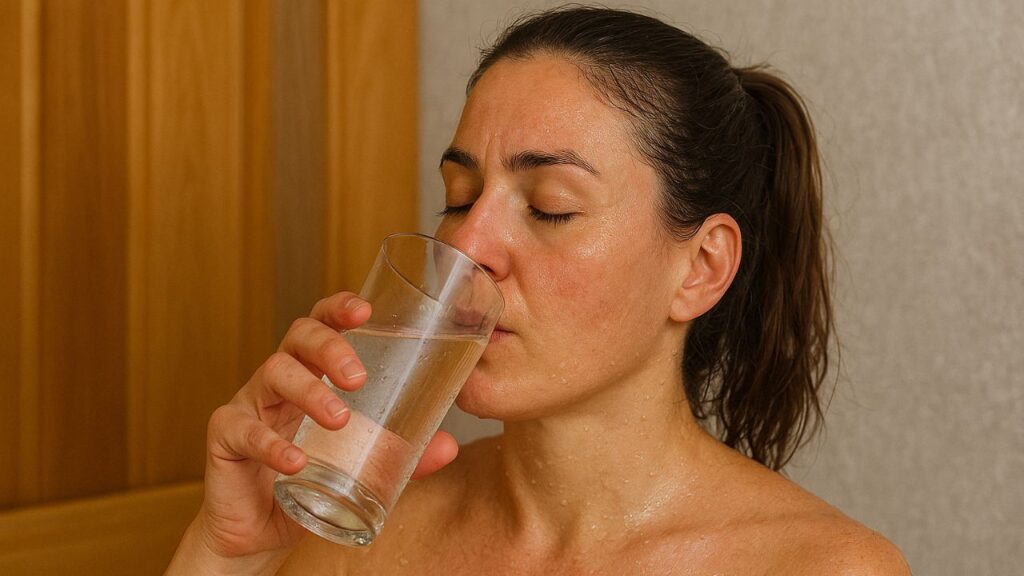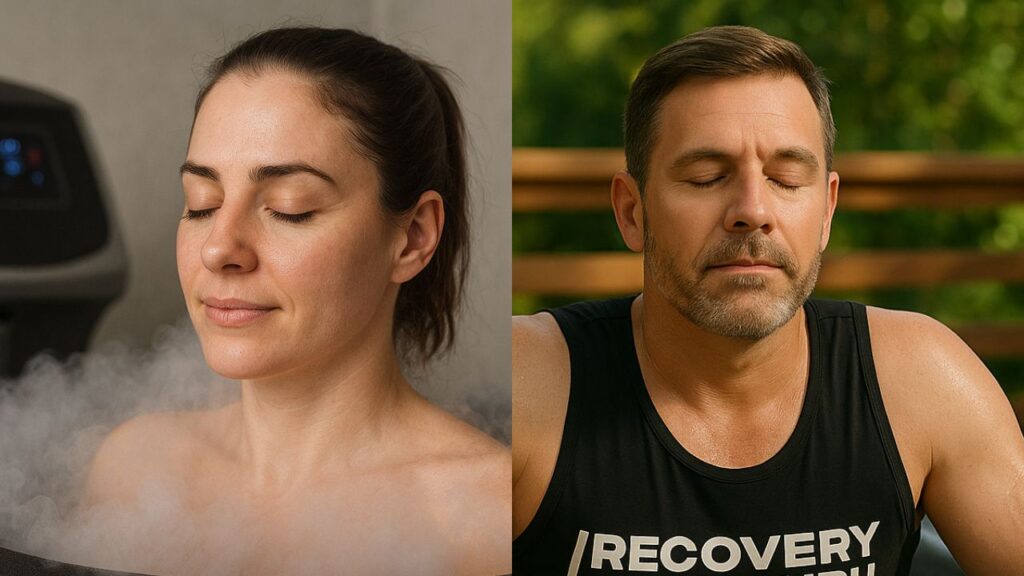Cold Showers in 2025: Benefits, Risks, and Tips
We include links to products we think are useful for our readers. If you click and buy a product through one of the affiliate links on this page, we may earn a small commission.
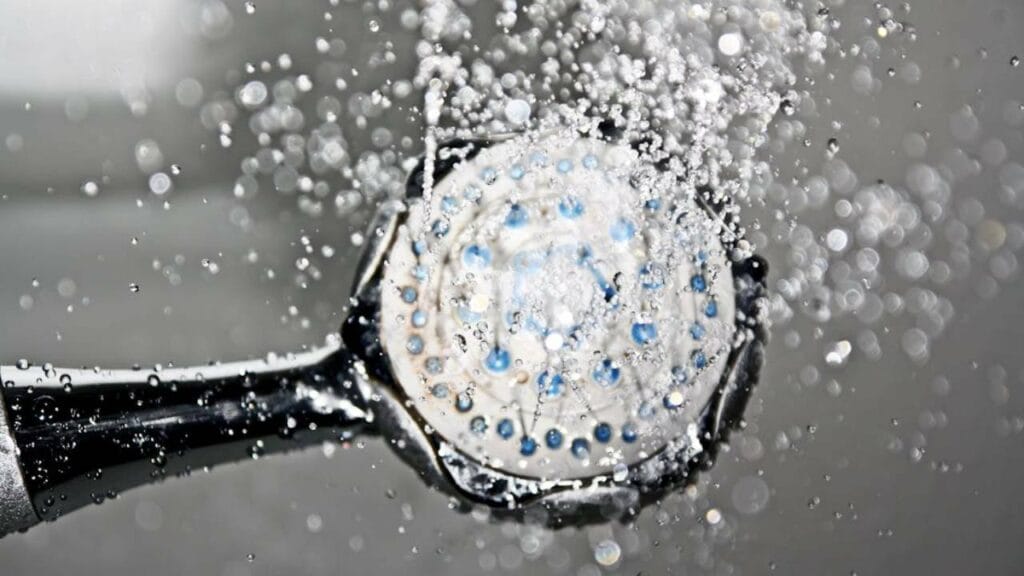
Cold showers have gained popularity for their numerous health benefits. Though the idea of stepping into icy water might seem daunting, the advantages may convince you to try it.
In this article, we will explore the benefits of cold showers, discuss potential risks, and provide practical tips to help you incorporate them into your daily routine.
Quick Key Takeaways
Cold Showers Improve Circulation: Cold showers help enhance blood flow, which promotes better cardiovascular health and energy levels.
Aid in Post-Exercise Recovery: Cold water can reduce muscle inflammation and soreness, speeding up recovery after workouts.
Boost Mood and Energy: The cold stimulates the release of endorphins and noradrenaline, improving alertness and mood.
Healthier Skin and Hair: Cold showers retain natural oils, tighten pores, and seal hair cuticles, leading to healthier skin and shinier hair.
Strengthen Immune System: Regular cold exposure increases white blood cell count, helping to fight off infections more effectively.
The Benefits of Cold Showers
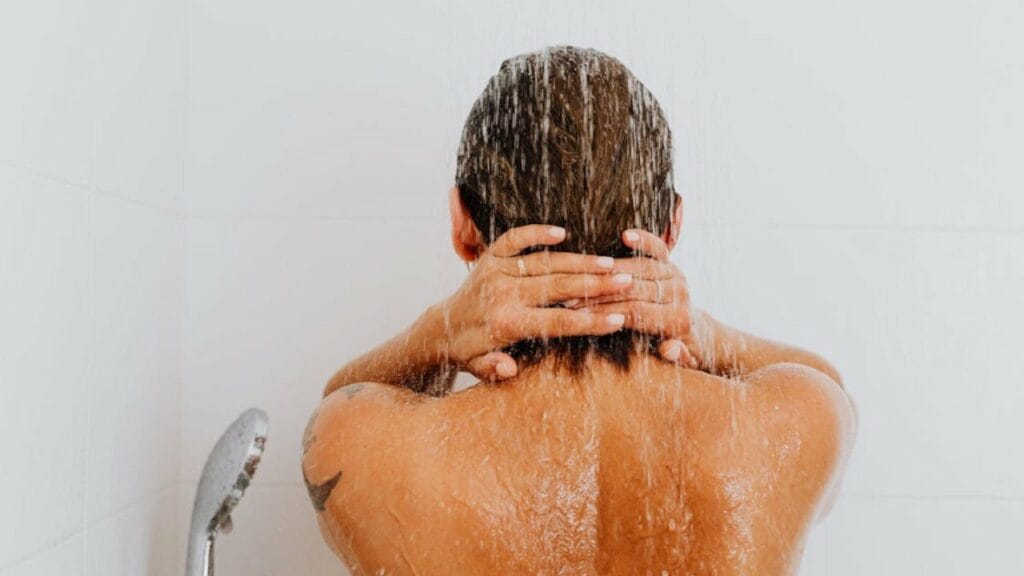
Improved Circulation
Cold showers can significantly enhance blood circulation. When you expose your body to cold water, your blood vessels constrict. This constriction forces blood to move away from the surface of your skin and towards your core. As your body warms up again, your blood vessels dilate, promoting better blood flow. This process, known as vasoconstriction and vasodilation, helps your cardiovascular system function more efficiently.
Improved circulation means that oxygen and nutrients are delivered more effectively to your organs and tissues. This can lead to better overall health and can help prevent conditions such as hypertension and varicose veins. Enhanced circulation also aids in the removal of waste products from your body, supporting the detoxification process.
Regular cold showers can also improve circulation in the extremities. This is particularly beneficial for people who suffer from cold hands and feet. By consistently taking cold showers, you train your blood vessels to become more responsive, which can help maintain warmer hands and feet over time.
Furthermore, improved circulation can boost your energy levels. When your blood flows more efficiently, your body can perform better, and you may feel more energetic and alert. This is one reason why many people prefer to take cold showers in the morning to start their day.
Enhanced Recovery After Exercise
Cold showers are well-known for their ability to enhance recovery after exercise. When you engage in physical activity, especially intense workouts, your muscles can experience small tears and inflammation. Cold water immersion helps reduce this inflammation by constricting blood vessels and decreasing metabolic activity, which limits the amount of swelling and tissue breakdown.
Athletes often use cold showers or ice baths as part of their recovery routine. The cold water helps to numb the nerve endings, reducing pain and discomfort in the muscles. This allows for quicker recovery and less muscle soreness, enabling you to get back to your workouts with less downtime.
Moreover, cold showers can help flush out lactic acid, a byproduct of intense exercise that contributes to muscle soreness and fatigue. By enhancing blood circulation, cold showers promote the removal of lactic acid from the muscles, speeding up the recovery process.
Another benefit is the reduction of the risk of injuries. By minimizing inflammation and muscle damage, cold showers can help maintain the integrity of your muscles and joints, making them more resilient to the stresses of physical activity. This can be particularly beneficial for athletes who train frequently and intensely.
Overall, incorporating cold showers into your post-exercise routine can improve your recovery time, reduce muscle soreness, and help you maintain a consistent workout schedule.
Boosted Mood and Energy Levels
Taking a cold shower can have a remarkable impact on your mood and energy levels. When you step into a cold shower, your body experiences a sudden shock that triggers the release of endorphins, the body’s natural feel-good hormones. These endorphins can help elevate your mood and reduce feelings of anxiety and depression.
Cold showers also stimulate the production of noradrenaline, a hormone that enhances alertness and focus. This can be particularly beneficial in the morning, as it helps you feel more awake and ready to start your day. Many people find that a cold shower is more effective at waking them up than a cup of coffee.
The invigorating effect of cold water can also help combat fatigue. When your body is exposed to cold temperatures, your metabolic rate increases to generate heat. This boost in metabolism can lead to higher energy levels and improved mental clarity.
In addition to these physiological effects, taking cold showers can also build mental resilience. The act of enduring the cold can be a form of mental training, helping you develop greater self-discipline and the ability to handle stress. Over time, this can lead to a more positive outlook and increased mental toughness.
Healthier Skin and Hair
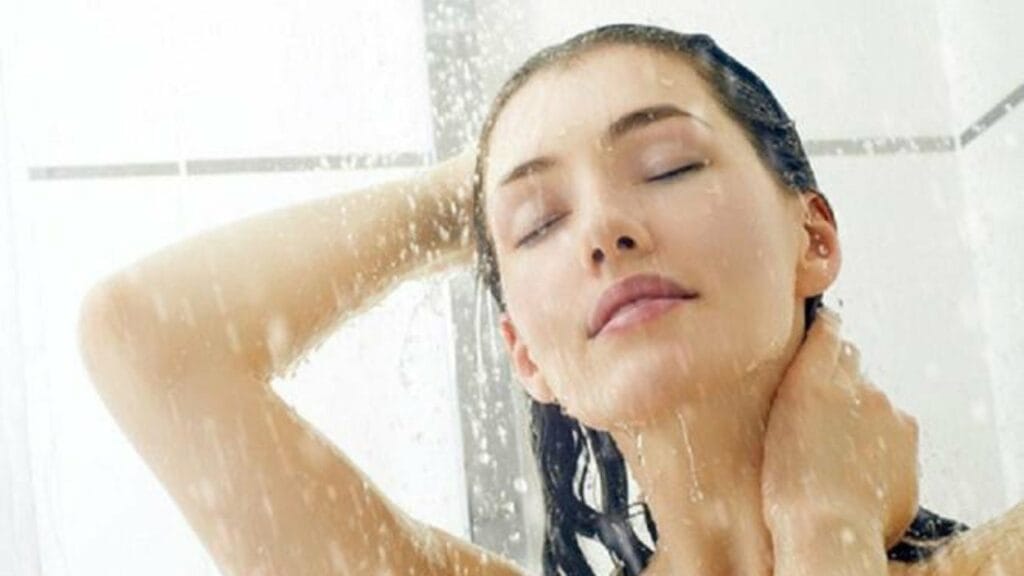
Cold showers can contribute to healthier skin and hair in several ways. Unlike hot water, which can strip your skin and hair of natural oils, cold water helps to retain these essential oils. This prevents dryness and keeps your skin and hair moisturized.
When you wash your face and body with cold water, it helps to tighten your pores. Smaller pores reduce the likelihood of dirt and bacteria getting trapped, which can prevent acne and other skin conditions. Cold water can also soothe inflamed skin, reducing redness and puffiness, making it particularly beneficial for those with sensitive skin.
For your hair, cold water can help seal the cuticles, which are the outer layers of your hair strands. Sealed cuticles lie flat, giving your hair a smoother and shinier appearance. This can also make your hair stronger and less prone to breakage. In contrast, hot water can cause the cuticles to open, leading to frizz and damage.
Cold showers also promote better blood circulation to the scalp, which can enhance the delivery of nutrients and oxygen to your hair follicles. This can support healthier hair growth and reduce hair loss. Additionally, the cooling effect of cold water can help relieve an itchy scalp, reducing dandruff and other scalp issues.
In summary, taking cold showers can improve the overall health and appearance of your skin and hair. By preserving natural oils, tightening pores, and sealing hair cuticles, cold showers help you maintain a fresh and vibrant look.
Strengthened Immune System
Regular exposure to cold water can have a positive impact on your immune system. Cold showers stimulate the production of white blood cells, which are crucial for defending your body against infections and illnesses. This increase in white blood cell count can help your body respond more effectively to pathogens.
When you take a cold shower, your body undergoes a mild stress response, which can enhance your immune system’s ability to adapt to stress. This process, known as hormesis, involves exposing your body to small amounts of stress to make it more resilient. Over time, this can lead to a stronger immune system that is better equipped to handle larger threats.
Cold showers can also improve the function of your lymphatic system. The lymphatic system is responsible for removing waste and toxins from your body. Cold water causes your lymph vessels to contract, which helps to pump lymph fluid throughout your body. This improved lymphatic circulation can support your immune system by helping to clear out toxins and waste more efficiently.
In addition, cold showers can boost the production of antioxidants in your body. Antioxidants help to protect your cells from damage caused by free radicals, which are unstable molecules that can contribute to chronic diseases. By increasing antioxidant levels, cold showers can help to protect your overall health.
Overall, incorporating cold showers into your routine can help to strengthen your immune system, making you less susceptible to infections and illnesses. This can lead to better overall health and a greater sense of well-being.
Potential Weight Loss Benefits
Cold showers may aid in weight loss by activating brown fat, a type of fat that generates heat by burning calories. Unlike white fat, which stores energy, brown fat burns energy to produce heat. This process, known as thermogenesis, helps to keep your body warm in cold temperatures.
When you take a cold shower, your body needs to generate more heat to maintain its core temperature. This increase in heat production requires energy, which is supplied by burning calories. While the calorie-burning effect of cold showers is relatively small, it can still contribute to overall weight loss when combined with a healthy diet and regular exercise.
Cold showers can also boost your metabolism. Exposure to cold water can increase your metabolic rate, helping your body to burn more calories throughout the day. This can be particularly beneficial for those looking to lose weight, as a higher metabolic rate can help to create a calorie deficit.
Additionally, cold showers can help to reduce inflammation and improve muscle recovery, which can support a more active lifestyle. By reducing muscle soreness and improving recovery times, cold showers can help you stay consistent with your exercise routine, which is essential for weight loss.
Risks and Precautions
Potential Discomfort and Shock
Cold showers can be uncomfortable, especially if you are not used to them. The sudden exposure to cold water can cause a shock to your system, making it hard to breathe for a moment. It is important to start slowly and gradually get used to the cold. Otherwise, cold showers can be potentially dangerous to your health.
Risks for Individuals with Certain Medical Conditions
People with certain medical conditions should be cautious with cold showers. For example, individuals with heart conditions or respiratory issues may find the sudden change in temperature too stressful for their bodies. Always consult with a doctor before starting cold showers if you have any health concerns.
To safely enjoy cold showers, follow these guidelines: start with lukewarm water and gradually decrease the temperature. Listen to your body and avoid staying in the cold water for too long, especially if you feel uncomfortable or lightheaded.
How Long Should Cold Showers Be?
If you are new to cold showers, start with short durations. A good starting point is 30 seconds to 1 minute. As you get used to the cold, you can slowly increase the time.
For those accustomed to cold showers, staying under cold water for 2 to 3 minutes is usually enough to reap the benefits. Some experienced individuals may even extend this to 5 minutes, but it is important to listen to your body and avoid overdoing it.
To adapt to cold showers, gradually decrease the water temperature over several days or weeks. Start with warm water and make it slightly cooler each day. This gradual approach helps your body adjust to the cold and makes the experience more comfortable.
How Cold Should Cold Showers Be?
The ideal temperature for a cold shower is between 50°F (10°C) and 60°F (15°C). This range is cold enough to provide the benefits without being too extreme.
Everyone has a different tolerance for cold. If you find the recommended temperature too cold, start with slightly warmer water and gradually lower the temperature as your tolerance improves. The goal is to make the water cold enough to gain benefits without causing excessive discomfort.
Use a thermometer to check the water temperature if you want to be precise. Many shower thermometers are available that can help you monitor and maintain the right temperature for your cold showers.
Tips for Taking Cold Showers
When starting a cold shower, begin with warm water and then gradually switch to cold. This method helps ease your body into the cold, making the transition less shocking.
To make cold showers more bearable, focus on your breathing. Deep, slow breaths can help you stay calm and reduce the initial shock. You can also start by only wetting certain parts of your body, such as your feet or arms, before fully immersing yourself.
Make cold showers a part of your daily routine by setting a specific time each day for your shower. Whether it’s in the morning to wake up or after a workout to recover, consistency will help you get used to the practice and enjoy its benefits.
Combine cold showers with other healthy practices for maximum benefits. For example, following a cold shower with a warm one can enhance circulation. Pairing cold showers with regular exercise, a balanced diet, and sufficient sleep can further improve your overall health and well-being.
My Personal Tool for Effective Cold Showers
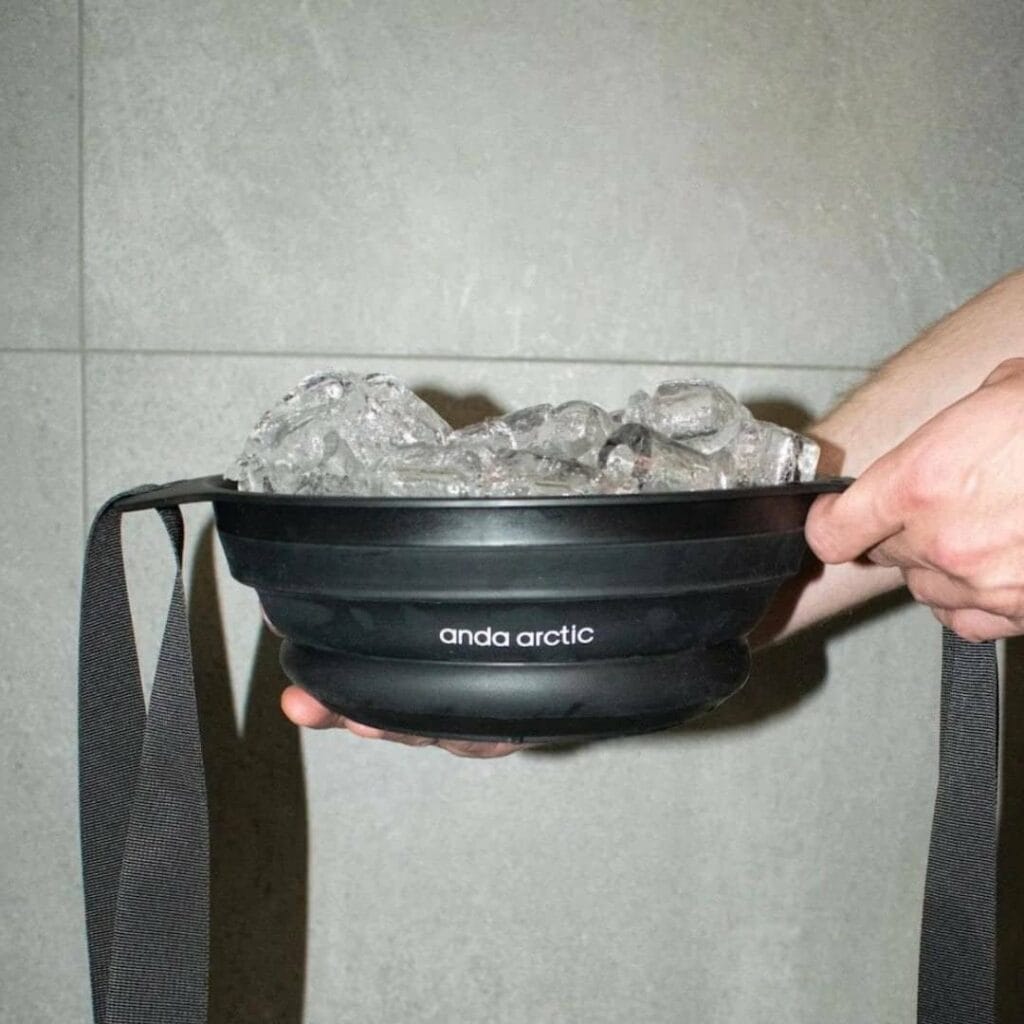
Anda Arctic
This portable ice shower contraption is something you’d buy. Get some ice, place this thing below your shower head and you’re done!
If you want to read my full thoughts on this (Spoiler: I’m seriously addicted to cold showers now), read my quick review about Anda Arctic.
Frequently Asked Questions
Q: Will I catch a cold from taking cold showers?
A: No, taking cold showers does not cause colds. In fact, they can strengthen your immune system.
Q: Can cold showers help with anxiety?
A: Yes, cold showers can help reduce anxiety by triggering the release of endorphins, which improve mood.
Q: Are cold showers safe during pregnancy?
A: Pregnant women should consult their doctor before starting cold showers to ensure safety for themselves and their baby.
Practical Advice for Specific Situations
If you are new to cold showers, start slowly and gradually increase the duration and coldness. If you have any medical conditions, consult with your healthcare provider before beginning. Always listen to your body and stop if you feel too uncomfortable or unwell.
Conclusion
Cold showers offer a range of health benefits, from improved circulation and faster recovery to a stronger immune system and potential weight loss. While they can be uncomfortable at first, gradually adapting can help you enjoy the process.
Always consider your personal health and consult a doctor if you have any concerns. Give cold showers a try and see how they can positively impact your well-being.
References
Ajjimaporn, A., Chaunchaiyakul, R., Pitsamai, S., & Widjaja, W. (2019). Effect of cold shower on recovery from high-intensity cycling in the heat. The Journal of Strength & Conditioning Research, 33(8), 2233-2240.
Bleakley, C. M., & Davison, G. W. (2010). What is the biochemical and physiological rationale for using cold-water immersion in sports recovery? A systematic review. British Journal of Sports Medicine, 44(3), 179-187.
Faid, T., Van Gordon, W., & Taylor, E. C. (2022). Breathing Exercises, Cold-Water Immersion, and Meditation: Mind-Body Practices Lead to Reduced Stress and Enhanced Well-Being. Adv. Mind Body Med, 36, 12-20.
Laukkanen, J. A., Laukkanen, T., & Kunutsor, S. K. (2018, August). Cardiovascular and other health benefits of sauna bathing: a review of the evidence. In Mayo clinic proceedings (Vol. 93, No. 8, pp. 1111-1121). Elsevier.



